
Dr Kita Williams shares her strategy for management of AEs with migraine treatments.

Dr Kita Williams shares her strategy for management of AEs with migraine treatments.
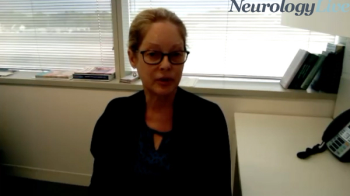
The molecular biologist at the Cleveland Clinic Lerner Research Institute discussed research on the use of GFAP and sTREM2 in discerning dementia with Lewy bodies from Alzheimer disease. [WATCH TIME: 4 minutes]
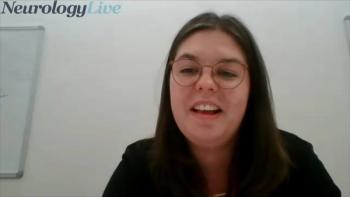
The postdoctoral researcher at King’s College London provided background on why gene therapies have not seen as much success in treating ALS, and the need for additional validation of genetic mutations. [WATCH TIME: 3 minutes]
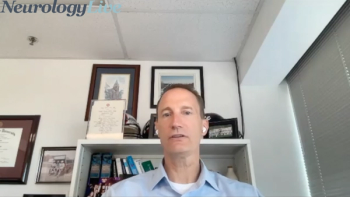
The Edward F. and Barbara A. Bell Family Endowed Chair at Cleveland Clinic discussed seamless adjustment made by patients with Parkinson disease to virtual reality, and the benefits it may bring to care. [WATCH TIME: 4 minutes]
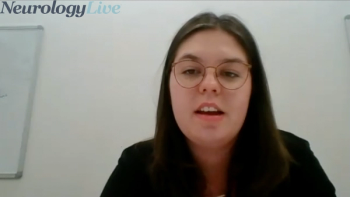
The postdoctoral researcher at King’s College London provided insight on the immunologic differences between genes linked with ALS, and the important aspects to consider for gene-targeted therapies. [WATCH TIME: 3 minutes]
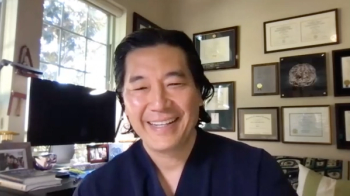
The coauthors of a study assessing costs associated with unused disease-modifying therapies shared their insight into the extended effects of unused treatments in MS, including the importance of transparency between physician and patient. [WATCH TIME: 12 minutes]
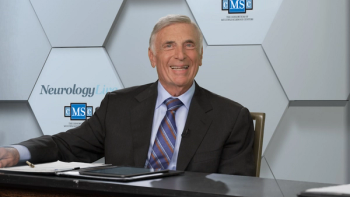
Drs Randall Schapiro and Jeffrey Wilken provide insight into the risk factors and disease progression noted in patients with multiple sclerosis.
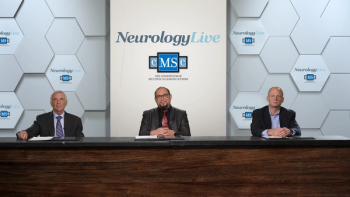
Experts in neurology comment on the lack of definition of cognitive impairment in multiple sclerosis, highlighting an inability to adequately screen for and measure this disease symptom.
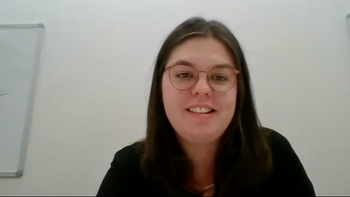
The postdoctoral researcher at King’s College London discussed the mechanistic role SARM1 gene mutations play in the development and progression of ALS. [WATCH TIME: 3 minutes]
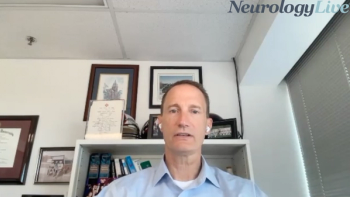
The Edward F. and Barbara A. Bell Family Endowed Chair at the Cleveland Clinic provided an overview of the Cleveland Clinic Virtual Reality Shopping platform, a virtual reality tool for Parkinson disease. [WATCH TIME: 5 minutes]
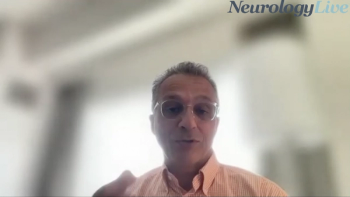
The chief medical officer and cofounder of Linus Health discussed how changes in voice may help serve as early indicators for late-life cognitive deficits. [WATCH TIME: 3 minutes]
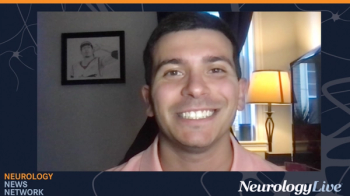
Neurology News Network for the week of August 13, 2022. [WATCH TIME: 4 minutes]
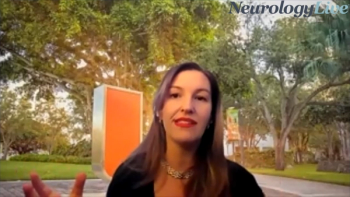
The associate professor of neuropsychology at the University of Miami Miller School of Medicine provided insight on how persistent impairments seen on a cognitive screening tool may differentiate cognitive status. [WATCH TIME: 6 minutes]
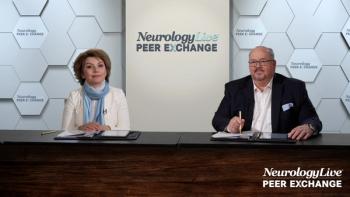
Drs Jeffrey Dunn and Regina Berkovich review available tools and resources for the care of patients with multiple sclerosis, focusing on specific symptoms.

Experts in neurology explore the benefits of a collaborative care approach for patients with multiple sclerosis.

Regina Berkovich, MD, PhD, shares her approach on the initiation and cessation of treatment for patients with multiple sclerosis who are considering family planning and vaccinations.

Kita Williams, MD, shares her excitement on the availability of CGRP antagonists in treatment of acute migraine and for prevention of migraines.

Kita Williams, MD, discusses how goals may differ for patients seeking to prevent migraines from occurring vs acute migraine treatment.

The chair of the nephrology division at Mayo Clinic discussed the major questions surrounding preeclampsia and its long-term effects, as well as whether new findings change the way clinicians treat patients with the condition. [WATCH TIME: 4 minutes]
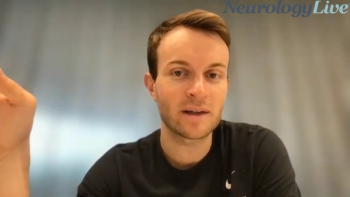
The assistant director of computational biology at Stanford University discussed where the Alzheimer disease community stands on gene therapies that target APOE, and whether missense variants will play a role. [WATCH TIME: 4 minutes]
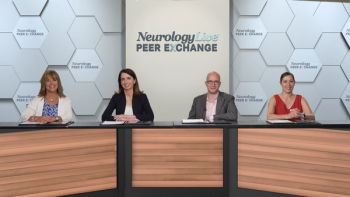
Experts in neurology share practice pearls to optimize the treatment for patients with multiple sclerosis.
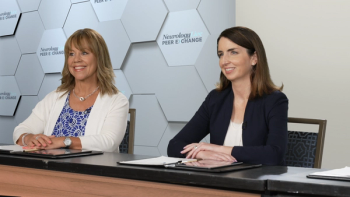
Heidi Crayton, MD; Jacqueline Nicholas, MD; and Flavia Nelson, MD, share their excitement for the future of multiple sclerosis treatment and comment on emerging therapies.

Experts in neurology provide insight into treatment selection and sequencing in patients with multiple sclerosis, focusing on S1P modulators.
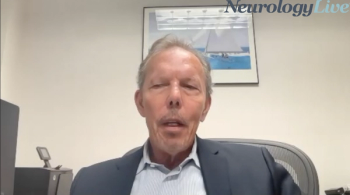
The professor of psychiatry and cell biology at NYU Langone discussed how validation of lysosomal autophagy will only simplify the understanding of the root causes of Alzheimer disease. [WATCH TIME: 4 minutes]
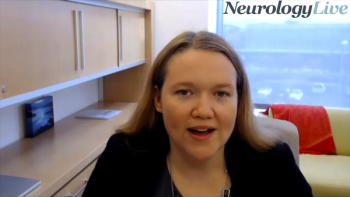
The director of the Women’s Alzheimer’s Movement Prevention Center at Cleveland Clinic provided insight on data presented at AAIC 2022 that evaluated the interaction effect of sex and diagnosis on functional connectivity in various cognitive stages. [WATCH TIME: 3 minutes]

The coauthors of a study assessing costs associated with unused disease-modifying therapies shared their insight into the extended effects of unused treatments in MS. [WATCH TIME: 14 minutes]
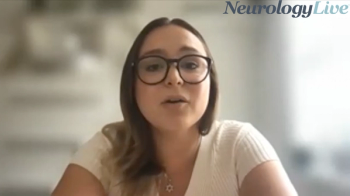
The medical student at Nova Southeastern University provided insight on a new innovative tool called the Cognitive Stress Test that can help distinguish different cognitive states for older adults. [WATCH TIME: 6 minutes]

Ahmed Obeidat, MD, PhD; Randall Schapiro, MD, FAAN; and Jeffrey Wilken, PhD, comment on early investigations surrounding the impact of multiple sclerosis on cognition and brain health and the current lack of focus regarding its impact on patients.
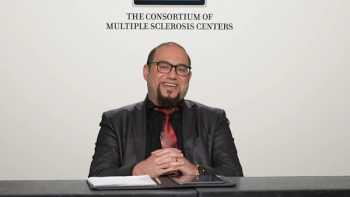
Ahmed Obeidat, MD, PhD; and Randall Schapiro, MD, FAAN, discuss the prevalence of multiple sclerosis and highlight how the disease has evolved since they began practicing. They also review the impact it has on patients and their support communities.
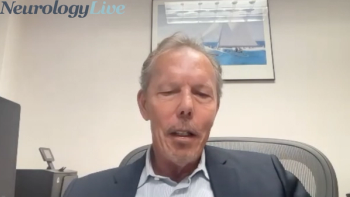
The professor of psychiatry and cell biology at NYU Langone pleaded his case for why the Alzheimer community should begin to turn to other drug development strategies, including the relatively young phenomenon of autophagy. [WATCH TIME: 3 minutes]